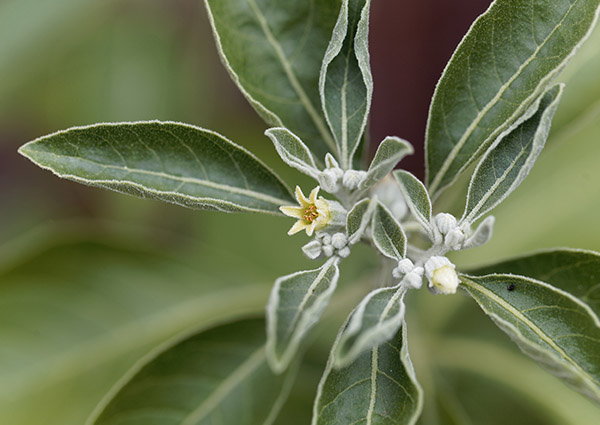
Adaptogens: What are They and How Do They Help Mental Health?
Since the COVID-19 pandemic, it seems the topic of mental health has become more of a front-burner issue. As part of this trend, holistic and herbal medicines have a new stronghold in healthcare.
What are Adaptogens, Exactly?
According to WebMD, they are herbs and plants, like certain mushrooms, that are believed to have properties that enable us to better withstand stress, improve anxiety and depression, and help with focus and energy. Some have been a part of ancient medicine in India, so they do have a long history. However, they shouldn’t be looked at as stand-alone treatments. They aren’t so much alternative therapies as complementary.
Research so far has pointed to adaptogens working with the HPA or hypothalamic-pituitary-adrenal axis, which is a system of glands, hormones and receptors. It’s involved in energy and stress reactions. Adaptogens theoretically help us adapt to stress by balancing the HPA system. Much more research is needed to understand the processes more clearly and determine how much adaptogens can help with conditions such as anxiety and depression.
Best-Known Adaptogens
- Ashwagandha: This herb has been a part of the Hindu system of medicine, Ayurveda, for a few thousand years. From a shrub that grows in India, the Middle East and Africa, Ashwagandha is thought to aid in stress relief, aging and depression.
- Holy Basil (aka Tulsi): Said to increase the sense of calm and protect from pollutants, stress and excessive noise or heat, holy basil is believed to reduce anxiety and help cognitive function. It’s native to India and cultivated throughout Southeast Asia.
- Ginseng: Both the Asian and American versions of the plant are considered adaptogens, and are supposed to boost your immune system and relieve fatigue, including among cancer patients receiving conventional treatment.
- Goji berries (aka Wolfberries): These are native to Asia and touted as remedies for stress and insomnia by increasing calm, improving sleep and increasing energy.
But Before You Try Them…
It’s vital that you speak to your physician about any herbal medications. They are often quite potent, and you need to be certain they won’t interact with your current medications or worsen any conditions you have. Also, be aware that adaptogens don’t require FDA testing or approval. It’s known that many varieties of bottled supplements have been found to have harmful ingredients in them, such as arsenic, lead and mercury!
You can take adaptogen supplements, use tinctures in teas, or simply incorporate them as foods into your diet (probably the safest idea). For instance, goji berries, holy basil, cordyceps mushrooms and ginseng tea are all available on grocery store shelves or in the produce department.




